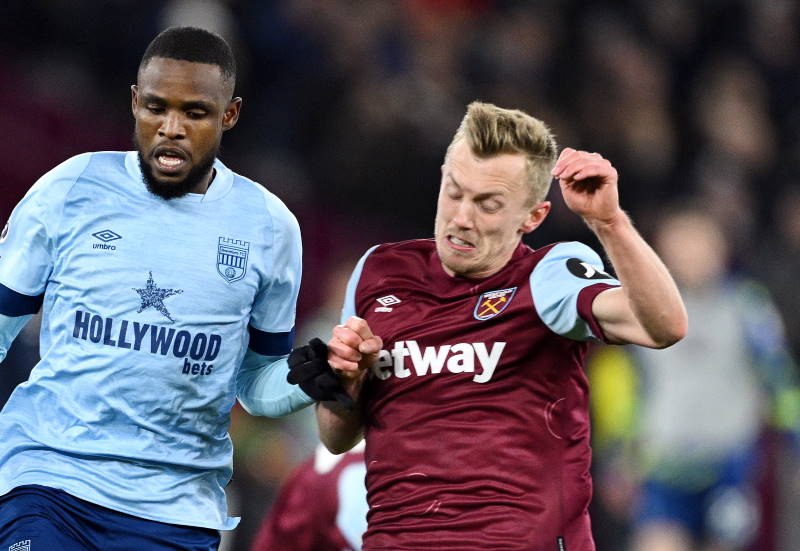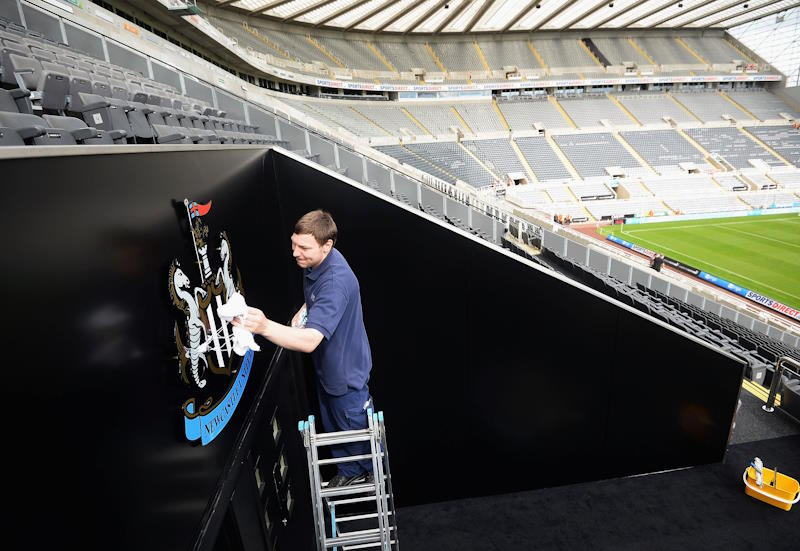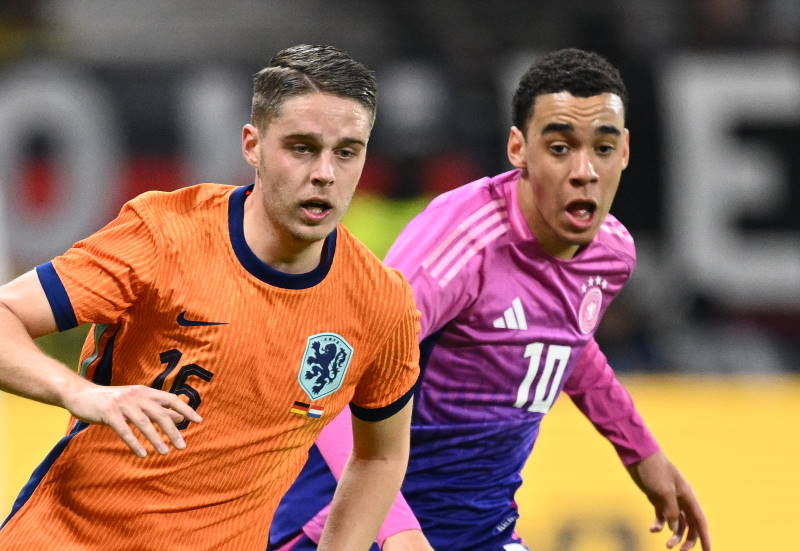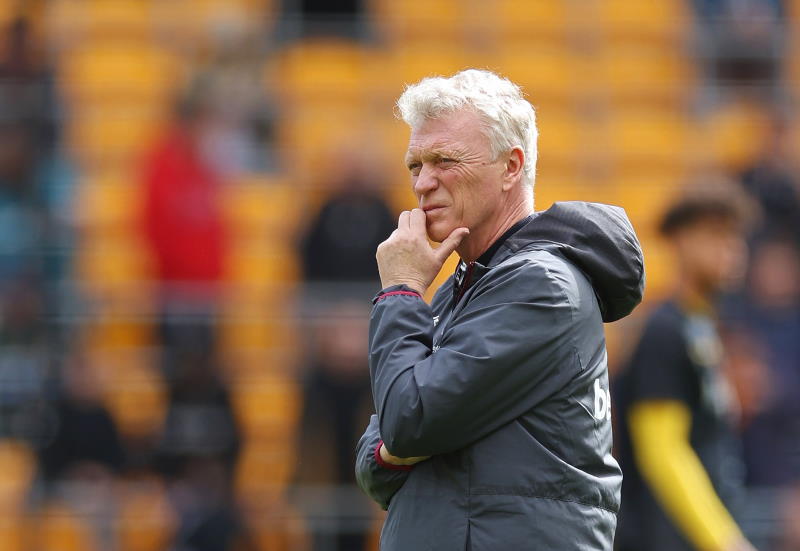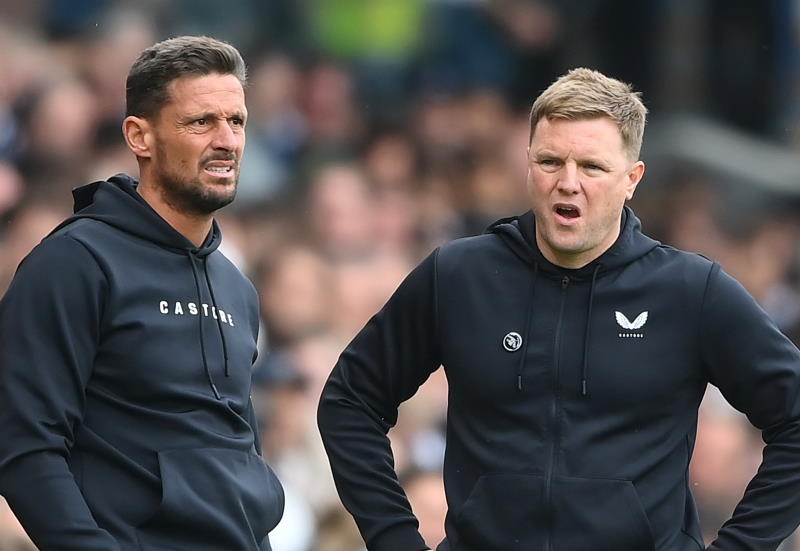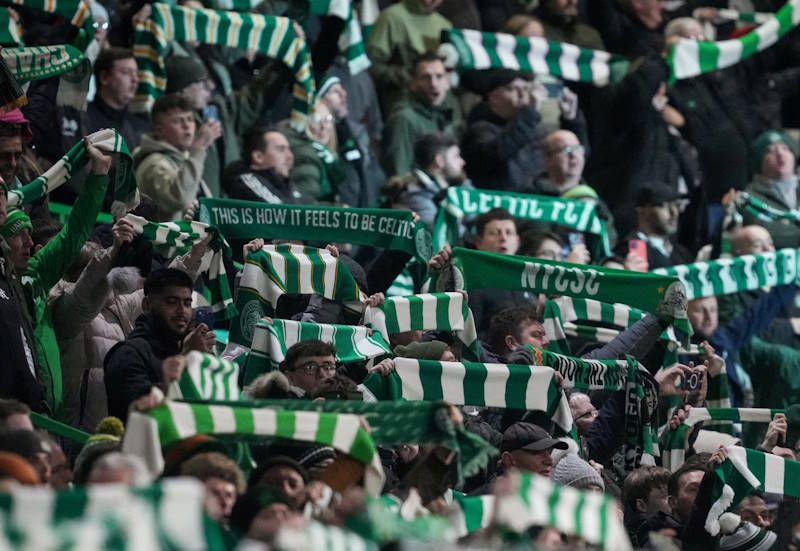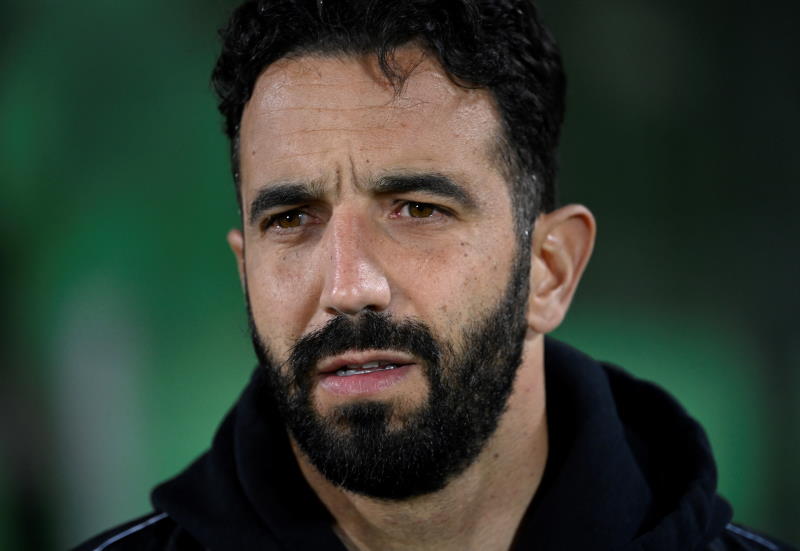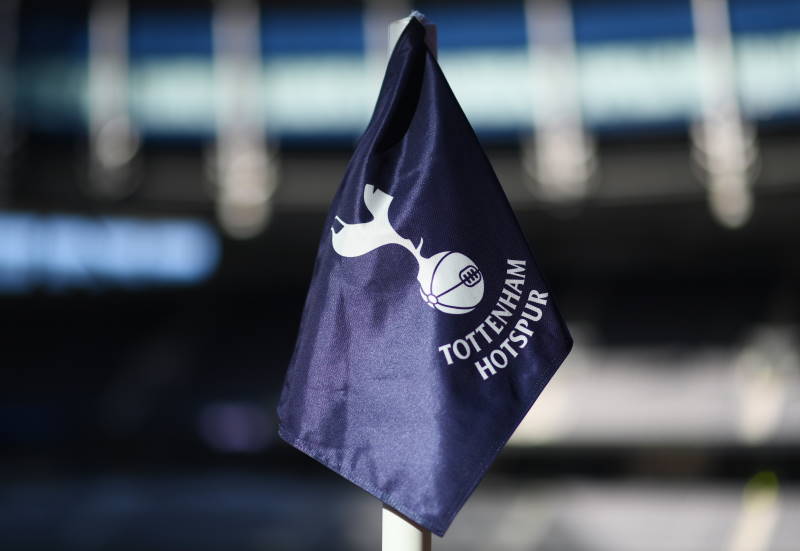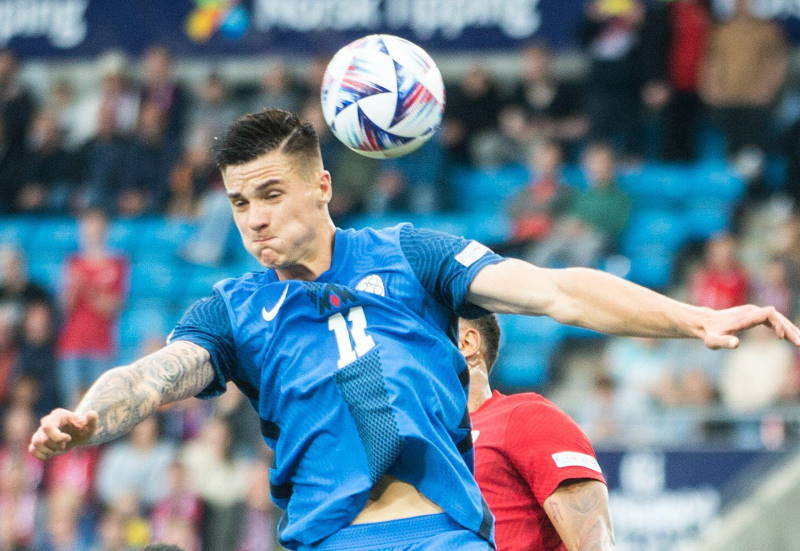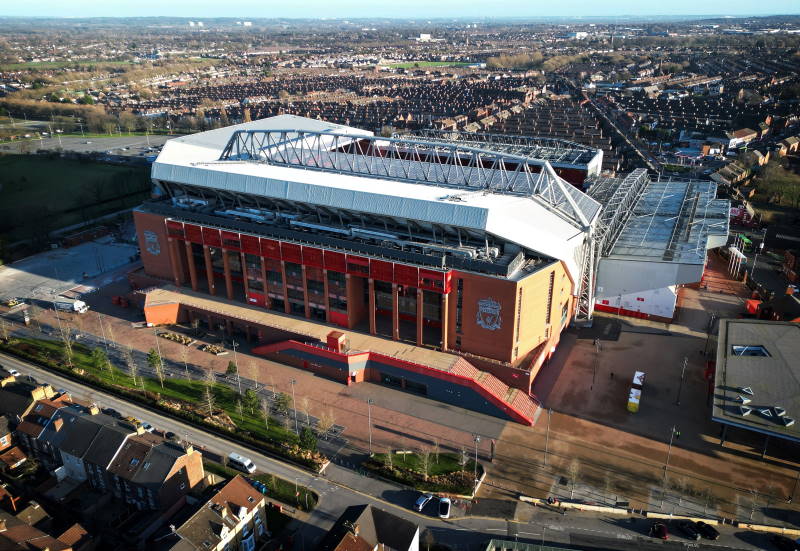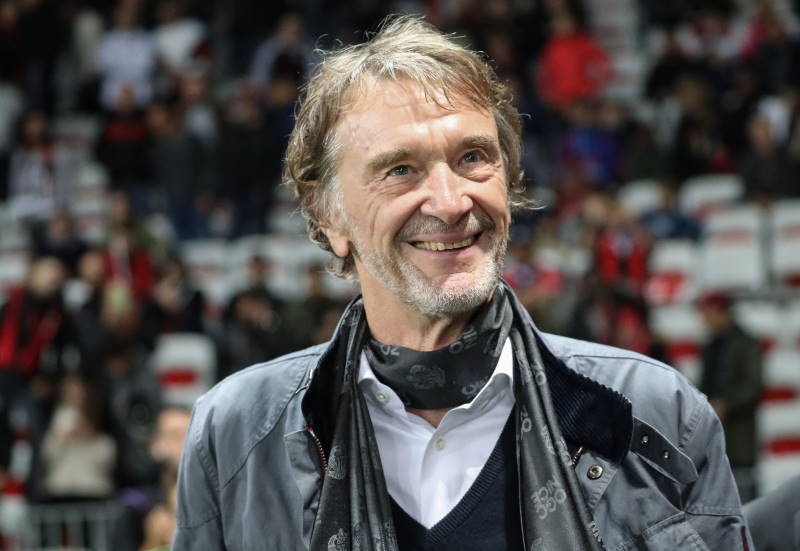
This summer’s London 2012 Olympic football tournament promises to be an historic one. Brazil are favourites to win gold and claim the only major international title they have never won. Also strongly fancied are Spain, looking to entrench their international dominance with what would be an unprecedented fourth major title. Then there is the perpetual threat of Uruguay, who have only ever won two gold medals at the Olympics previously – both in the football and both in the 1920s.
It is difficult to see beyond these three for glory this summer. Brazil’s coach Mano Menezes is under significant pressure to claim gold in what is the Selecao’s last major competitive tournament before the World Cup in 2014. He has a team who have played together for a significant period of time now, too, with a bulk of the Under-20 team which won their age group’s World Cup last year progressing to this Under-23 side. The plan is that this squad form the nucleus of the team to compete for the 2014 World Cup.
The talent is there, and the stage is set for Neymar to follow in the footsteps of Lionel Messi four years’ ago. In Beijing, Messi starred for Argentina as they claimed Olympic gold, announcing himself on the international stage. Much hype surrounds Neymar, but few have had a proper glimpse of his prodigious talent yet. This is the perfect setting for him to present himself to Europe. Others too will be in the shop window. Paulo Henrique Ganso’s promise has fizzled out a little in recent months, but the playmaker will hope to use London as a stage to reinvigorate his career ahead of a probable switch to Europe this summer. Striker Leandro Damiao’s strength allied to technical flair and goalscoring should make him another potential star of the Olympics, whilst further back expect to see precisely why Spartak Moscow and Chelsea are paying so much for Romelu and Oscar respectively.
But Brazil have formidable opposition in Spain and Uruguay. Spain can count on some stars of the Euro 2012-winning campaign, such as Jordi Alba, Javi Martinez and Juan Mata. But even without those performers, La Roja’s squad is littered with an embarrassment of riches. Iker Muniain is perhaps the pick of the bunch, a real star in the making, technically gifted with ball control at times reminiscent of Andres Iniesta, he could be the team’s key creative thrust. Further forward, Adrian may stake a claim for the seemingly vacant berth as Spain’s number one striker (when they choose to play one, of course). It is also an opportunity for Luis Milla, who played for both Barcelona and Real Madrid, to furnish his coaching credentials. Milla has managed Spain’s Under-19, 20, 21 and 23 teams now, and the Olympic title would add gloss to his growing CV.
Both Brazil and Spain should sail through their groups. Spain face Honduras, for who American-born playmaker Andy Najar is a star in the making. Japan lack their main European-based talents and with a team comprised of players from their local league and a smattering of Bundesliga names, will struggle. Morocco look the strongest threat to the Spanish in the group and midfielder Abdelaziz Barrada is a potential gem, a goalscorer from deep who can carry a team. But even Morocco were beaten by Gabon in African qualifiers and it is hard to see them mounting a serious threat to Spain.
Brazil come up against New Zealand, who whilst spirited and led by Ryan Nelsen, lack the quality to challenge, and an Egypt team in disarray. Egypt finished bottom of their African Cup of Nations qualifying group last year for the 2012 tournament and for next year’s competition in South Africa they were eliminated in the first round. The Port Said disaster in February, which led to the suspension of football in the country, has affected Egypt badly and many of their players will not have enjoyed many minutes on the pitch; this means Belarus, surprise qualifiers from Europe, are probably the biggest threat to Brazil. But even the Eastern Europeans are mainly made up of players from the Belarusian league. Given that the top two in these two groups are set to meet in the last eight, it is unlikely that Brazil or Spain will be seriously tested until the semi-finals.
The same cannot be said though for Uruguay, who are in possibly the trickiest section of the draw to predict. On paper Oscar Washington Tabarez’ side are the strongest team of the four, with Luis Suarez and Edinson Cavani set to lead their charge. Gaston Ramirez is not as well known, but like Brazil’s youngsters, this should be an ideal stage for him and the fleet-footed Abel Hernandez to showcase their qualities to the world. Uruguay will be favourites to top this group but will face a tough challenge from Senegal, in spite of the African side being without the powerful Demba Ba, Papiss Cisse or Moussa Sow. Having beaten Spain in a pre-Olympics friendly the Africans have shown they will not be an easy side for anyone to beat and will give Britain a tough examination in the opening game.
Stuart Pearce’s side are the most difficult to predict, given that the team has been thrown together from nothing. That will be Britain’s biggest problem – their rivals have been playing together for years at youth levels in tournaments, but they have not. Ryan Giggs finally gets a chance to show what he can do on the international stage, while Tom Cleverly has a chance to enhance his growing reputation and accelerate his personal development. Pearce himself will also be out to prove a point and a successful tournament will reflect well on him given the hastily put together team he takes into London 2012. Britain should be good enough to see off the United Arab Emirates, but it could be uncomfortably tight in the race to make it to the last eight from this group for the hosts.
If Britain do make it to the quarter-finals, they could face Mexico, who have been building steadily and purposefully towards these Games. They beat Brazil leading up to London and though key in that victory was Javier Hernandez, who is not selected because Manchester United opposed his involvement, Mexico have a talented and skilful squad. After winning last year’s Gold Cup, coach Luis Fernando Tena was allowed to manage the senior team in place of usual boss Jose Manuel de la Torre during the Copa America. Mexico went out in the group stage, but invaluable experience at this level was earned. They will be favourites to advance from their group ahead of Switzerland, who are without key men Granit Xhaka and Xherdan Shaqiri, with Fabian Frei potentially their star man.
Gabon may be surprise challengers for a last eight place after stunning their continental rivals at the African qualifiers. With Saint-Etienne’s Pierre Emerick Aubemeyang, Gabon have a striker capable of firing them into the quarter-finals. Conversely the other team in this group, South Korea, have a forward leading the line who has barely played all season in Arsenal’s Park Chu-Young.
So the stage is set, with the football beginning a day before the opening ceremony of London 2012. The Olympics may not have the lustre of the World Cup or even the European Championship, but it is where stars can be born and World Cup-winning teams formed. For those reasons alone, it will be worth keeping an eye on this summer’s tournament for a fascinating and entertaining glimpse of what may be to come in Brazil in two years’ time.

